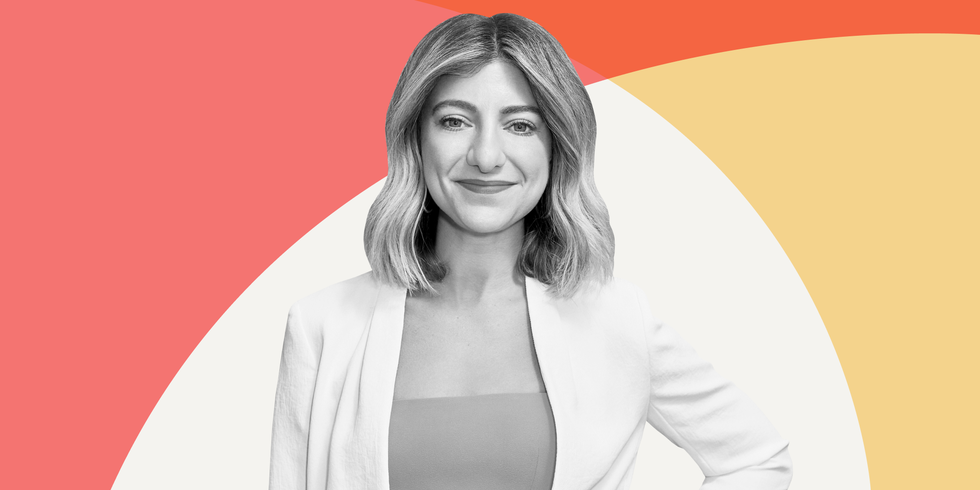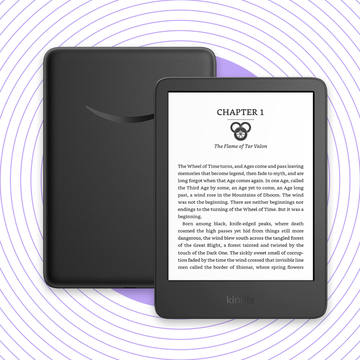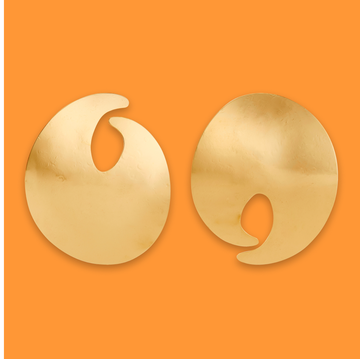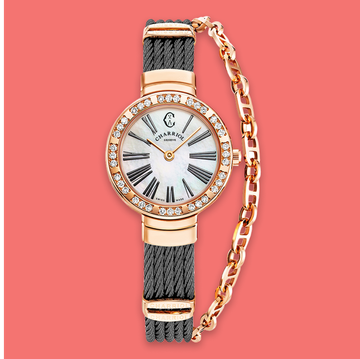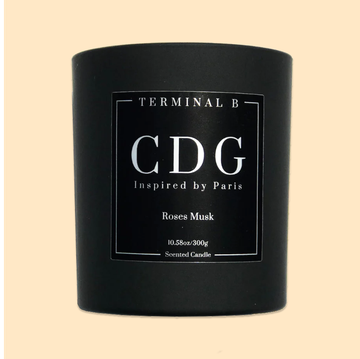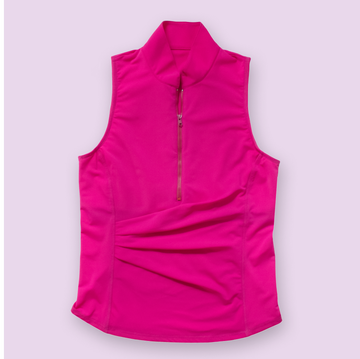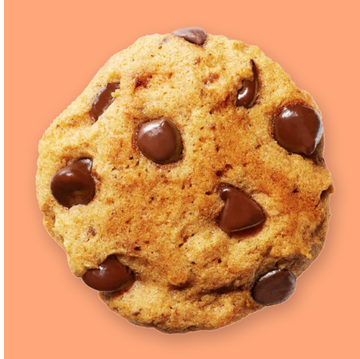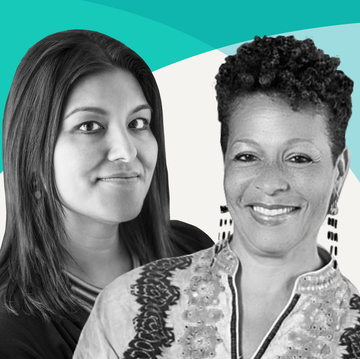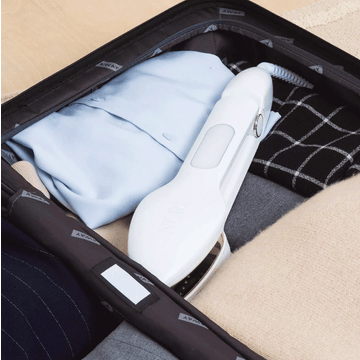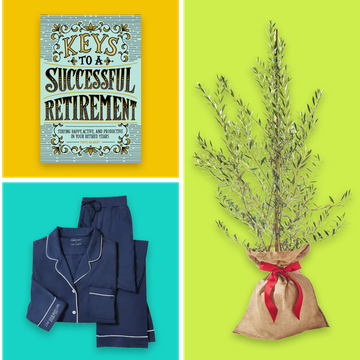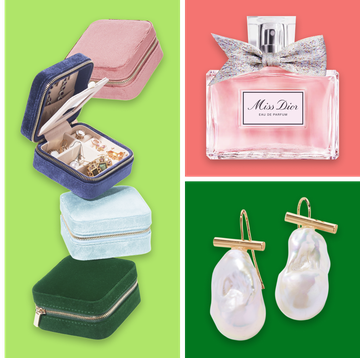Whether you’re looking for help with your physical, reproductive, or mental health, you’re probably used to scheduling time with medical professionals at different practices all on your own. But San Francisco–based healthcare company Tia simplifies things by offering access to medical practitioners in a variety of categories—primary care, mental health, gynecology, and wellness—through one service. Each member gets access to a care team: medical providers, a clinical support team, and a care coordinator.
The company originally started as a messaging platform. “We had a team of medical advisers—doctors, like ob-gyns—that were feeding us the doctor-speak. Our job was to translate it,” Tia cofounder and CEO Carolyn Witte tells Oprah Daily. “You didn’t have to have a PhD or go to medical school to understand it.”
We sat down with Witte to learn more about what it was like taking the company from a messaging hub to a series of in-person clinics—plus virtual-care offerings—in different cities across the country.
More From Oprah Daily

Where the idea came from
I started Tia from my dining room table in San Francisco in 2017 with a big vision to reimagine healthcare with women at the center. It was a by-product of my own experience as a patient, struggling to navigate healthcare and realizing how fragmented it is, frustrated by a healthcare system that fractures women’s health by body part and reproductive life event. You have all these different doctors—none of it connects. I asked myself, What would healthcare look like, work like, and feel like if it actually was designed for women and treated them as whole people, versus parts? Which is really the basis of Tia’s comprehensive care model that we have today. It’s been quite a journey as a first-time founder and entrepreneur.
The initial goal
Our goal, ultimately, is quite simple and really hard: to make women healthier and enable every woman to make informed choices for her own body and life. That’s always been a core guiding principle for me. I see us in the business of helping women make decisions for themselves so they can be healthier, as defined by themselves. The focus on whole people, integrated care, access, and inclusivity—all of these are in service of that broader goal of helping women get and stay truly well.
First steps
I didn’t immediately start by building clinics and delivering healthcare services. The first thing I actually built was an app called Tia. Think of it as a texting service that was the answer to WebMD or Google for your health. I’d spent years working on Google Search and I was like, Women aren’t getting good health information, so they can’t make good health decisions. Can we be the answer to Google or WebMD? It really, really took off. We had over 200,000 one-on-one conversations with women about their health, which was really wild. We learned a ton and effectively found that those women wanted Tia to be their doctor. That's what led us to saying, okay, we shouldn’t just give women health information. Let’s give them healthcare, and care that treats them as whole people.
I truly just had an idea and got to work, quit my job at Google and just started, which is kind of crazy, in retrospect. I didn’t know what I didn’t know and just started making. I think one thing that’s guided me and Tia from the beginning is that I didn’t see it as a market opportunity. I said, “Healthcare is terrible for women. I want it to be better. Let me build a product that makes it better for me and other women. Oh, and it turns out there’s a real business here, too.” We’re constantly driven by what real women want in the world, which is very different than traditional healthcare.
The hardest moment
Convincing the world to care—in particular, investors. We’ve raised a lot of money for this company, and the overarching women’s healthcare category has grown immensely since I started the company. When I first tried to raise venture capital dollars, people used to say to me, “Why are you building a healthcare company for women? You're cutting out half the population.” So there’s a lot of education and a huge amount of rejection you have to overcome to have the conviction to keep building.
The moment you thought this just might work
I’ll give you two moments. There was one for the app and then one when we switched or pivoted to the clinic. My cofounder, Felicity Yost, and I used to be Tia: We would literally sit and message with real women around the country and answer their questions [using information from a team of medical advisers]. Eventually, we hired other people, who we called wing women. They were health educators who would chime in and answer these questions. We did this from 8 a.m. to 11 p.m. There was a period where we would answer 3,000 chats a day.
The second moment was when we opened our first clinic in New York City in 2019. Everyone thought we were crazy. It was so hard to raise money for this. Everyone was like, “That’s never going to work. Brick-and-mortar clinics, doctors are expensive. That’s hard.” Like, “Healthcare’s fine; women don’t need this.” And it exploded. And again, we had too many patients—to the point where we had to institute a wait list and have people join it to eventually be able to become a member of Tia and get an appointment. Of course, we want every woman to have Tia. It’s just that we have too much demand—we don’t know what to do.
The results
We serve tens of thousands of women across the country from ages 18 to 80. We delivered 100,000 healthcare services to women in 2022. By the end of this year, we’ll have nine physical clinics open across L.A., New York City, San Francisco, and Phoenix.
This interview has been edited and condensed for clarity.
Jane Burnett is an Assistant Editor at Oprah Daily, where she writes a variety of lifestyle content for the editorial team. She's a journalist with a pop culture sweet tooth—when she isn't catching up on celebrity news, she's usually listening to a podcast! Jane was previously an on-air reporter in local news, and worked at Thrive Global, Ladders News, and Reuters. She also interned at CNBC through the Emma Bowen Foundation, and is a member of the National Association of Black Journalists (NABJ).

